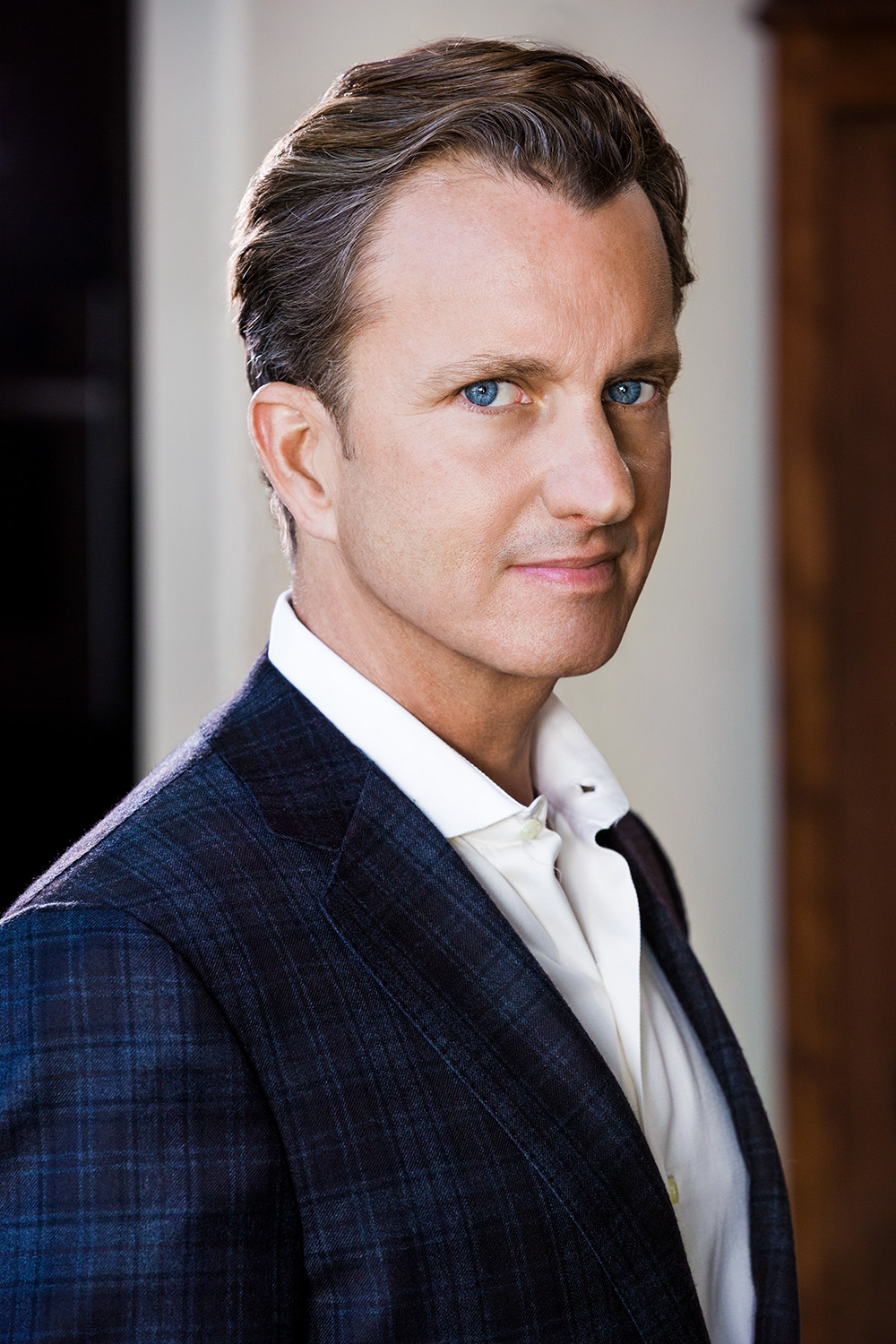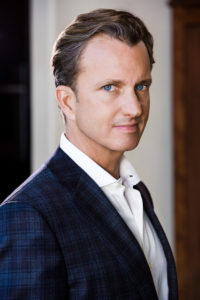
27 Sep Shrink Rap: Dr. Paul on “Yeats Was Wrong; The Center Can Hold!”
A Telluride local, Dr. Paul Hokemeyer is an internationally recognized expert on treating clinical issues at the nexus of relationships and behavioral health. (Please scroll down for more about Dr. Paul)
The second edition of Dr. Paul’s terrific book “Fragile Power” was published in 2024. Go here to read more about the first edition of “Fragile Power.”
Go here to read more of Dr. Paul’s pearls.
And scroll down to read the note we curated from his newsletter.

Dr. Paul Hokemeyer
Greetings from an autumnal Colorado.
I hope this finds you seeking solace in human relationships rather than doom-scrolling the news and social media. The former are designed to comfort. The latter, to aggravate and divide.
I continue to find solace in working with clients and colleagues around the world who are striving to be better, more compassionate individuals in a malignantly segregated world.
Recently, amid headlines filled with chaos and violence, an insightful client remarked during our session, “I think Yeats was right. The center can’t hold. The world is falling apart…and I feel I’m going down with it.”
For those unfamiliar with her reference, it points to William Butler Yeats’ iconic poem, “The Second Coming,” wherein he writes,
“Things fall apart; the centre cannot hold.”
Yeats penned those lines in the aftermath of World War I and the devastation of the Spanish Flu. In the poem, he channeled the unease and uncertainty that defined this era.
The poem contains phrases like “the falcon cannot hear the falconer” and “mere anarchy is loosed upon the world” that evoke the breakdown of societal structures and the dawn of a darker, more chaotic age. The poem’s reference to a “rough beast” symbolizes not a rebirth, but an unsettling transformation and the end of familiar certainties.
Fast forward to today, where many of the clients with whom I’m privileged to work are wrestling with similar existential turbulence.
These individuals are not isolated by disadvantage or intellect; rather, they feel an acute responsibility to utilize their resources to elevate human dignity. They understand why anxiety persists in our shared society, yet often struggle to find hope, compassion, and a renewed sense of direction in the context of their lives.
As a clinician and consultant, my work with these clients is focused on helping them reclaim their moral compass—by detaching from the intense, polarizing rhetoric of modern media and reconnecting with the communities, values, and relationships that provide grounding and peace.
A significant portion of our work examines the same systemic and existential issues Yeats highlighted: chaos, loss of meaning, breakdown of communication, and anxiety about the future.
A powerful tool in this process is the use of clinical techniques that encourage clients to embrace, rather than suppress, strong emotional reactions.
By processing their emotional turbulence together, clients deepen their resilience, authenticity, and well-being—both individually and within their broader systems in which they live.
Once clients truly engage with their emotional responses to global events, they can thoughtfully integrate these experiences into their values and actions.
Yes, the work is emotionally demanding, but providing a safe, supported space for clients to face their reactions to world events is essential for both personal and communal mental health. Until we confront and begin to process our pain and the uncertainty of the world in which we are living in a safe, structured, and contained space, we will be unable to find, recalibrate, and redefine our sense of center.
While Yeats’ “Second Coming” offered little hope, history shows that compassion, empathy, and community have kept the “center” from entirely collapsing.
The center may shift and become destabilized in the face of upheaval, but it endures thanks to our commitment—as clinicians and as humans—to relational and mental health.
As clinicians navigating a recalibrating world and human beings living in it, let’s recommit to holding the center with intentionality, empathy, and the evidence-based tools the field of mental health provides.
The center can, in fact, hold—so long as we nurture it in ourselves, those we love, and those we are privileged to serve.
Now more than ever, #mentalhealthmatters for everyone, everywhere.
With warm regards,
Dr. Paul
Dr. Paul, more:
Paul Hokemeyer, J.D., Ph.D. is the founding principal of Drayson Mews, an international behavioural health firm based in London and author of “FragilePower: Why Having Everything Is Never Enough,” (Hazelden, 2019), the seminal resource for UHNW and high-performance individuals looking for clinically excellent mental & relational health services.
A licensed Marriage and Family Therapist, he is a graduate of the Global Leaders in Health Care program at Harvard Medical School and studied the use of digital technologies to enhance the delivery of mental health and addiction treatment services at the Yale School of Management.
Dr. Paul serves as a clinical consultant to the London based Ispahani Advisory Limited and is a Clinical Fellow at the American Association of Marriage and Family Therapists. In addition to his legal and mental health background, Dr. Paul has extensive experience in the realm of philanthropy through his work as a trustee of a family foundation, and the Palm Springs Art Museum, one of the world’s leading institutions for midcentury design and art.


Sorry, the comment form is closed at this time.